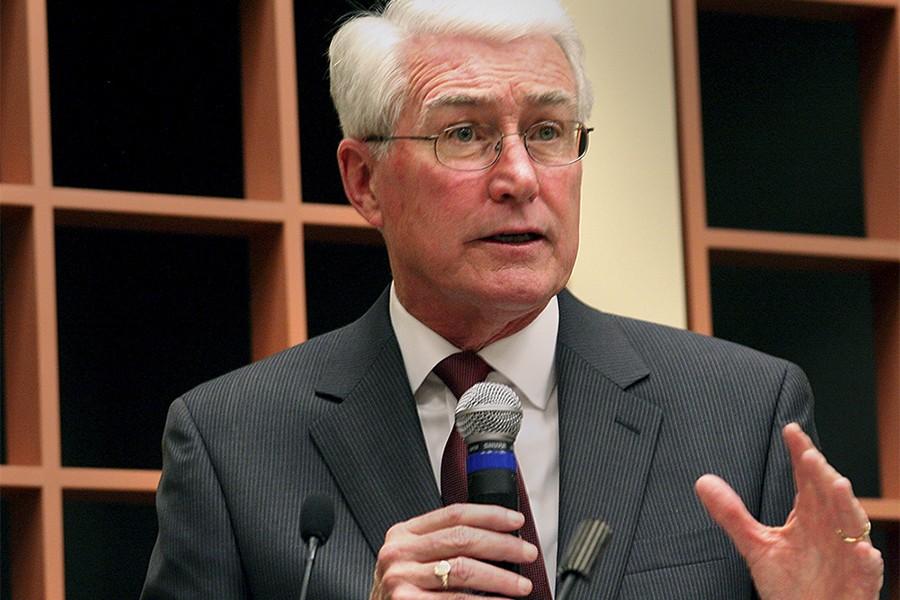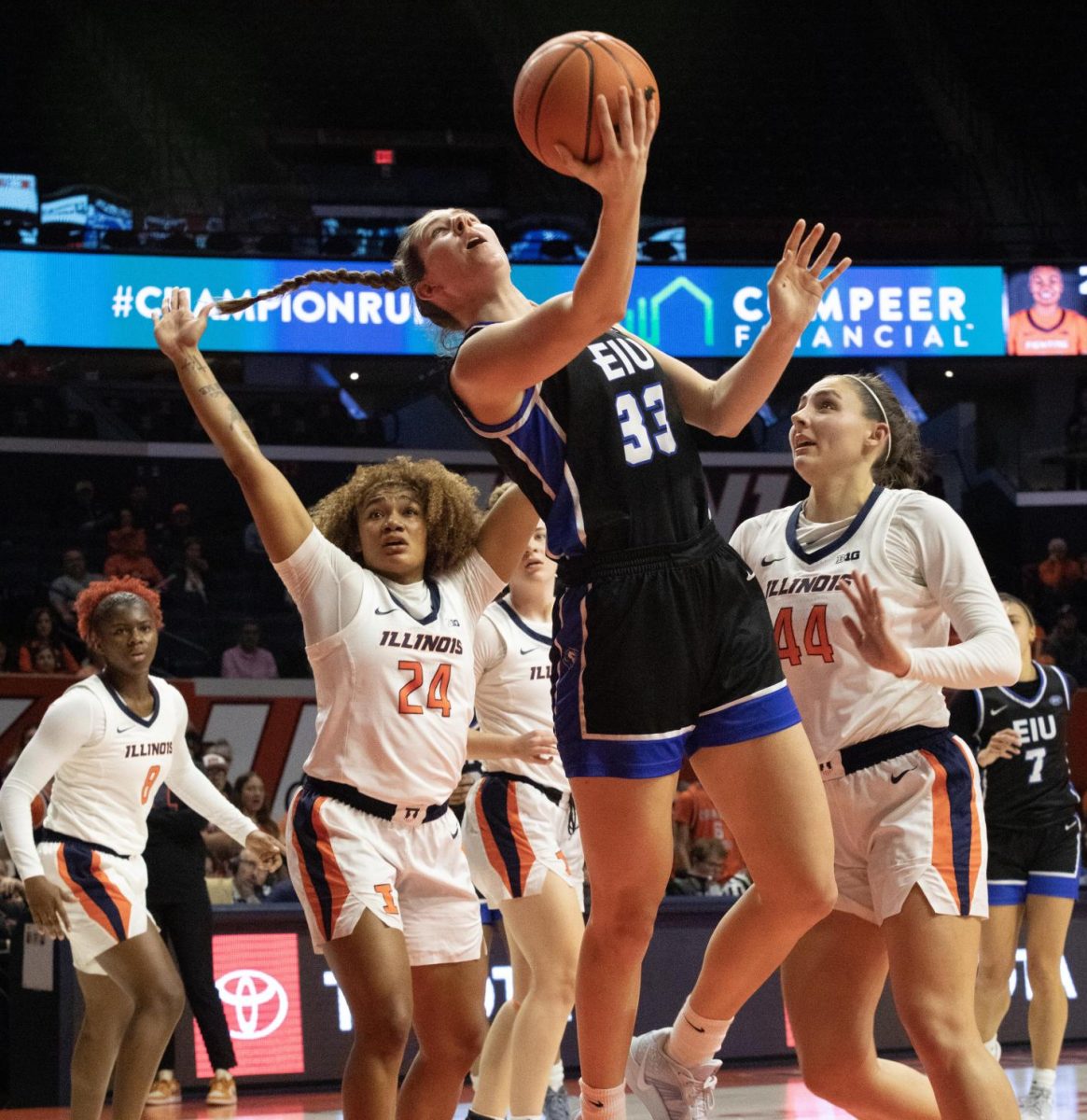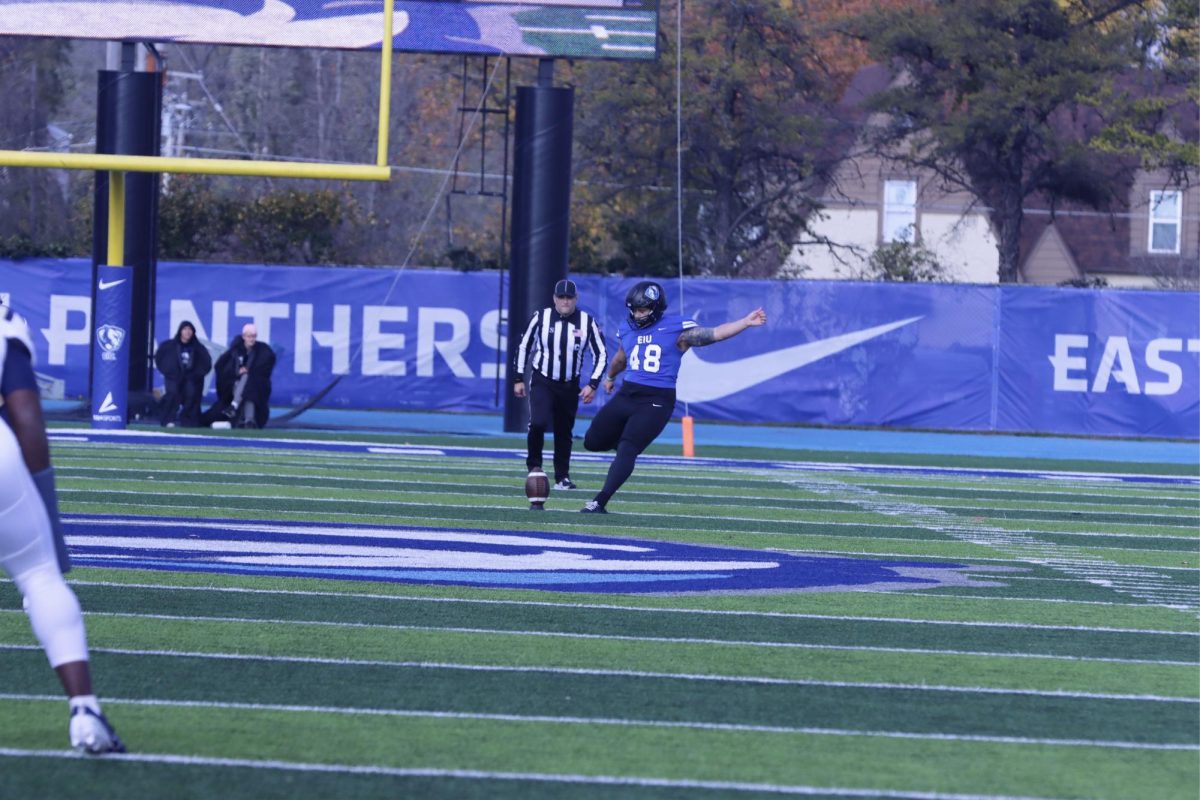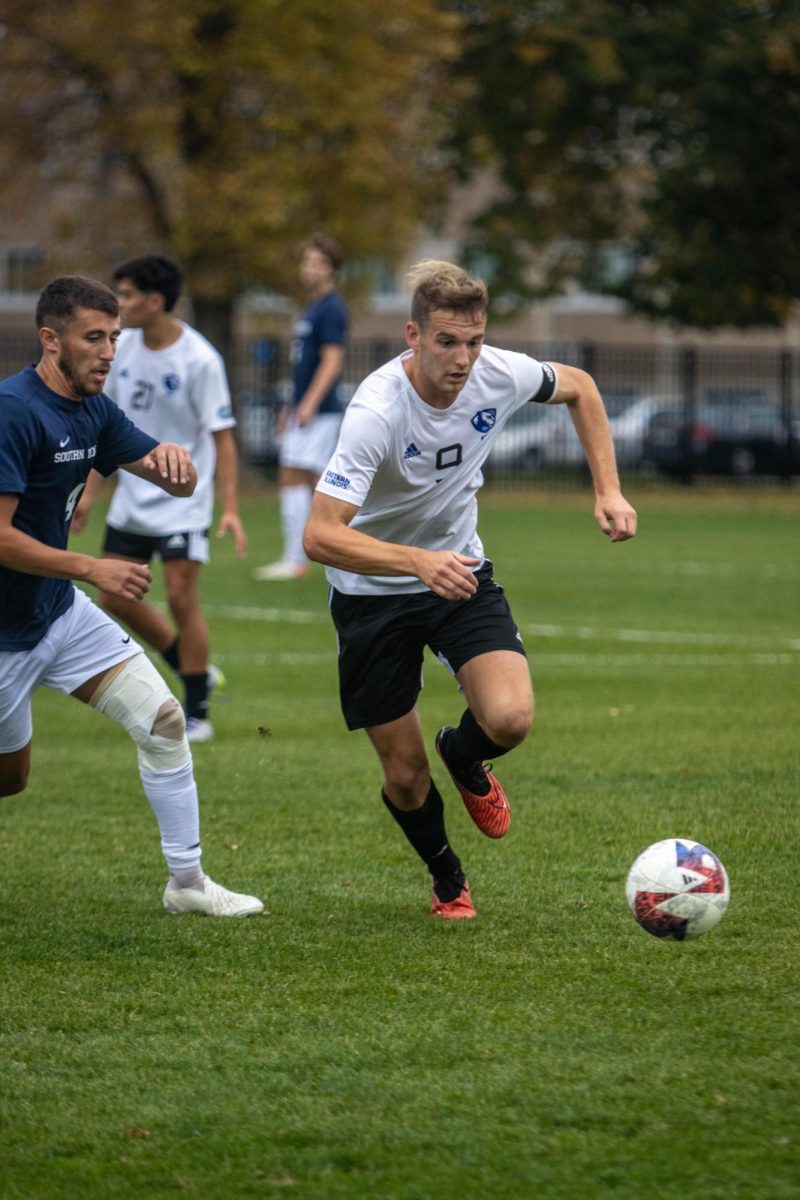Professors take stances on higher education
The large difference between the higher education platforms of Barack Obama and John McCain is that McCain does not recommend any new forms of financial aid while the Obama campaign does, said Andrew McNitt, professor of political science.
John McCain’s higher education policy includes simplifying tax benefits and the financial aid process. It also includes eliminating earmarks to better support federally funded research. He also wants to expand the federal student loan system
Obama’s higher education policy will create the American Opportunity Tax Credit to make college more affordable.
The credit ensures the first $4,000 of a college education is completely free for most Americans. Recipients of the credit are required to conduct 100 hours of community service.
His plan also includes simplifying the application process for financial aid by eliminating the current need for a separate application.
Choosing quality
James Bruehler, associate professor of economics, said his impression of an Obama administration with regard to higher education will be to expand the role of the federal government in terms of federal dollars directed toward education and in terms of additional layers of bureaucracy to mandate school compliance and monitor their performance.
He said the McCain’s approach appears to be to reduce the role of mandates and monitoring by the federal government and to substitute consumer choice on the part of parents.
“If you think that underperforming schools should receive additional funding so that they can improve their performance, vote Obama on education,” Bruehler said. “If you think funding should be reduced at underperforming schools and that funding should be increased at schools that excel, vote McCain on education.”
Bruehler said Obama’s plan would probably put more money into his pocket.
He said though, the quality of his working life depends on the quality of the education students had before going to college.
“That quality is higher under a McCain plan,” he said. “Maybe it comes down to what you care about. Personally, I care about the quality … then the money in my pocket.”
A plan too vague
Jon Coit, assistant professor in history department, said the number one issue that’s confronting higher education right now is what appears to be a relatively permanent reduction in funding by the state government across the nation.
“It’s pretty clear that Obama’s made dealing with that problem a bigger priority,” Coit said. “McCain didn’t have any specific higher ed proposals until August of this year and they’re pretty general.”
He said McCain has a vague plan toward fixing student-lending program, but doesn’t really say what that’s about.
Coit said McCain has been campaigning to remove earmarks arguing it will benefit research.
“The problem is that at least from what I’ve seen in his public statements neither he or Palin have a sense at all about what important research actually is that goes on in the university that’s now being funded by earmarks,” Coit said.
He said he hasn’t seen anything in this campaign that would give him confidence that a McCain administration wouldn’t end up cutting useful important research.
Coit said Obama’s financial proposals were good, but he was half and half on one of his other proposals that would provide matching funds for states that will create an early assessment program.
The program would enable juniors in high school to check their college preparedness and enable them to take college level courses at community colleges if its not offered at the high school.
He said he would certainly reap the benefits of that as a college professor, and if there’s a way to improve the quality of education students receive in high school then that proposal would be a way to do it.
“The other part of me thinks there’s this similar kind of no child left behind logic where 100 percent of the people are supposed to be in the 25 percentile,” Coit said.
Coit said it was easier to visualize how Obama’s policies would help students than McCain’s.
“What it seems to me, I think (McCain)’s offering similar results with a little bit different process and a lot less detail than Obama is offering,” he said.
Increasing debt
Craig Eckert, professor of sociology, said in his perception, that neither candidate has made higher education a key component of their platform or their campaign.
He said he thinks it should be more important.
“To me, this transcends being a Democrat or Republican,” Eckert said. “It’s an issue that has to be addressed.”
He said as the cost of education ever increases and as a college degree becomes more important, there needs to be more creative and innovative ways of making money available for kids to pursue higher education.
“When the average student debt for an undergraduate degree is approaching $20,000 this seems like . an issue that’s important and one that needs to be addressed, especially given the amount of debt coming out of an undergraduate degree,” Eckert said.
He said both politicians need to come up with strategies on how to make money more available for students so they can pursue education.
“I do know when I’ve listened to both candidate’s and when I’ve watched them to some extent in the debates and just stuff on TV that I think Obama has more of a feel for the challenges that younger people pursuing education can have,” Eckert said. “Particularly the debt they face when they come out of college today.”
He said Obama seems to want to play up the commitment to education.
“The youth vote is supposed to be so important to this election so obviously he has a lot to lose by not covering this issue,” he said.
Little controversy
McNitt said there isn’t a whole lot of controversy in higher education.
“The McCain campaign largely would take the existing system and try and make it work a little bit better,” he said. “The Obama campaign makes similar proposals to make the system work better. The Obama campaign does suggest new forms of higher education.”
McNitt said though in terms of public statement, Obama has indicated it’s very important to ensure competitiveness by improving education.
“I suspect as far as priorities go doing something about higher education is lower on the McCain priority list than on Obama’s list, but I don’t think for either man it will be at the top of the list,” McNitt said.
He said what education policies get done will depend a lot on the decisions the government makes as far as spending goes.
“My perception is that the president, whoever the president is, will deal with very serious economic problems,” McNitt said. “We’ll have foreign policy problems, and we’ll have energy problems. All of which will be first on the agenda.”
He said education won’t be ignored, but it will come up later.
“I think the argument is going to be over how much money can be spent not whether or not something will be done,” McNitt said.
Emily Zulz can be reached at 581-7942 or at ezulz@eiu.edu.


































































